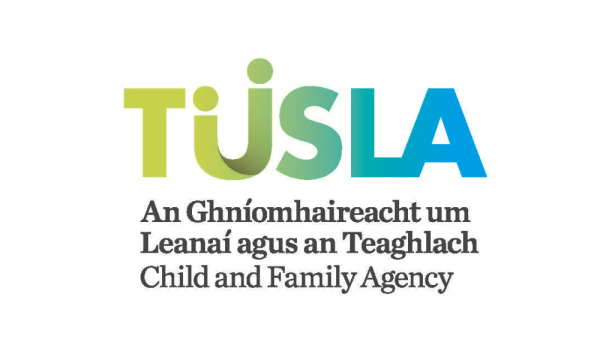Transformed social meanings and conceptualisations of children mean that children are no longer seen as ‘objects of concern’ but as active, agentic, social people with the capacity to make sense of their world. This approach to capacity and rights is reflected in the United Nations Convention on the Rights of the Child (UNCRC), which sets out the child’s right to express his/her views freely in matters affecting him/her and to have those views given due weight in accordance with their age and maturity (United Nations, 1989). Understanding children’s experiences of child protection and welfare (CP&W) services is central to a child-centred, rights-based approach to working with children and young people.
Informed by a consultation process with young people availing of Tusla services and employing the Lundy Model of participation (Lundy 2007), the research study focused on gaining an understanding of children’s experiences but also went beyond that to understand, from the child’s perspective, what contributed to these experiences. In approaching the research from a child-informed and child-centred perspective, the research design informed by consultation with children and young people privileged the need to understand how children respond to the frontline practices they experience.


